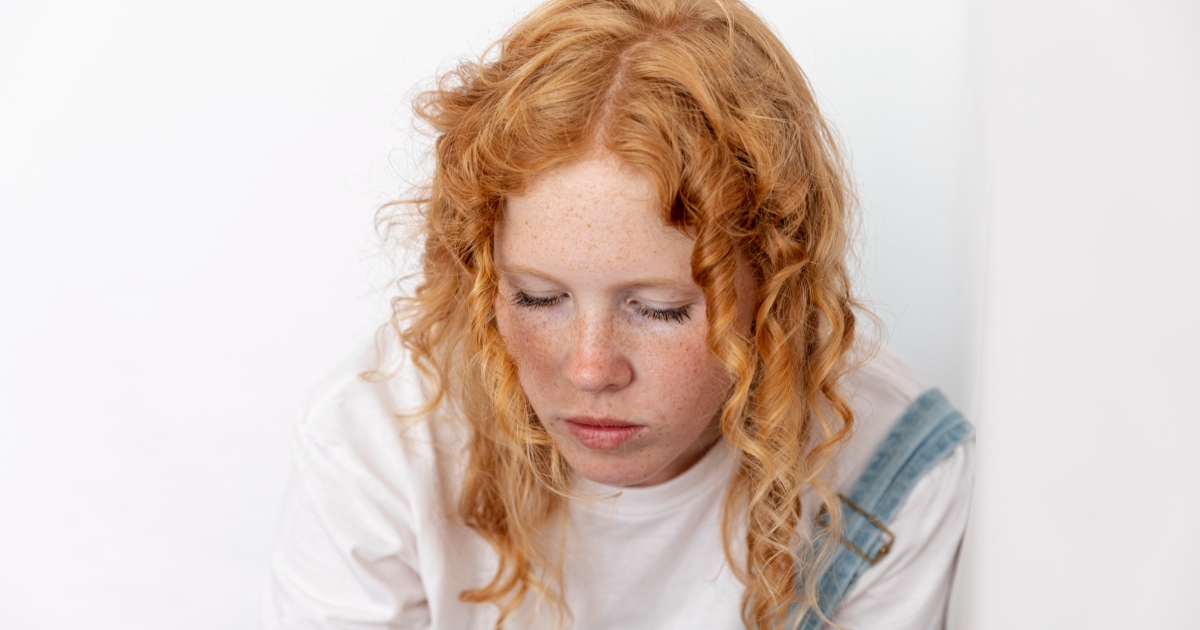Do you often feel that people seems to be happier than you, or that they do more exciting things? Maybe you think that other people look better than you, they do more exercise, and you feel that you are never good enough?
If we compare our own lives to our friends’ high points, which are often the positive things that have happened in their lives, it might lead us to think that their lives are better than they actually are, and vice versa. This can cause us to think that our lives are worse than they actually are.
It is often we who are our own worst critics, and who set our own limitations. You are affected by your inner voice and experience of your own mastery.
Comparing yourself to others doesn’t need to be only negative.
It can be helpful to be inspired by others to reach your own goals, but if the comparison makes you always think that others are better than you are, this will have a negative effect.
An important function of comparing ourselves to others is an attempt to boost our own self-esteem.
The concept of social comparison is not new. The idea of social comparison has been studied since the 1950s, when Festinger introduced The social comparison theory. The theory explains how individuals assess their own opinions and abilities by comparing themselves to others, to reduce their uncertainty regarding their own social standing. In this way, you define yourself by comparing yourself to others.
Comparing yourself to people or groups that you perceive as being better than you are, may be something you do in hopes of achieving a more positive view of yourself and your life. In this way, you look for similarities between yourself and other people so that you feel more at ease with your own life.
Subsequent research has shown that comparing yourself to others, especially people who you perceive as being better than you are, can influence your emotions in a negative way. This is especially true for individuals who struggle with low self-esteem or who have recently experienced negative life events and setbacks (Aspinwall and Taylor, 1993).
Here are tips on how to reverse negative thought patterns:
It doesn’t help to compare your performance with others if you think that everyone else is better than you.
- Stop comparing yourself to others. We are all different and master challenges in different ways.
- Don’t be so hard on yourself — try to accept yourself as you are.
- Think about how you talk to yourself and how you refer to yourself.
- What could happen if you start thinking differently?
Focus on what is positive and what you have actually achieve that is good for you.
- Beginning to take note of and record positive events and experiences of mastery will help give you more faith in yourself — you will see that you are good enough the way you are.
- Keep records on a regularly basis. It will strengthen yourself and help you deal with adversity.





